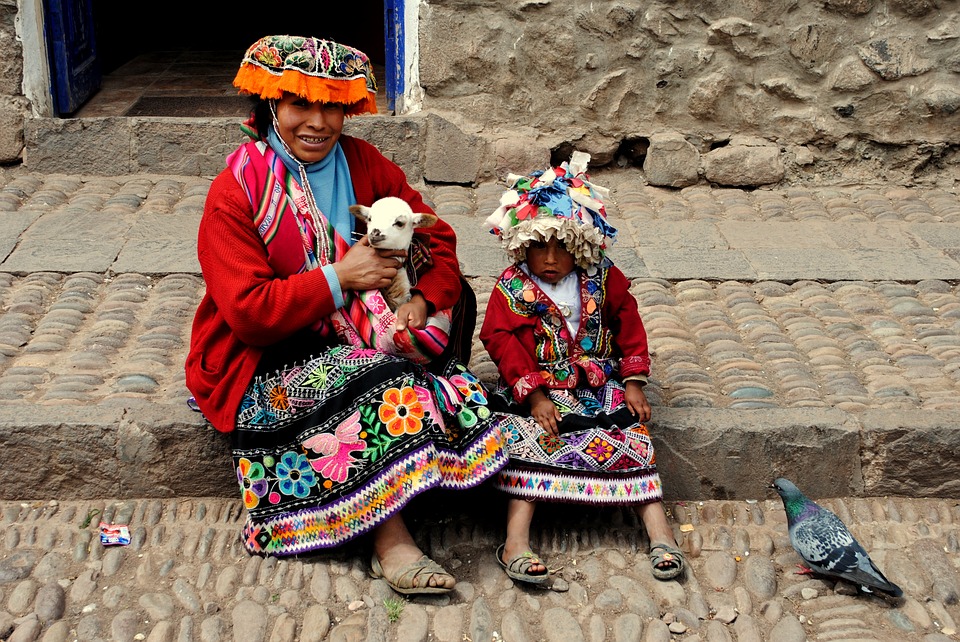Human rights defenders (HRDs) are vital leaders of a just transition to green economies, raising concerns
about risks and harms associated with irresponsible business operations, while also championing sustainable
solutions. This information is essential for investors to conduct effective environmental and human rights due
diligence which helps reduce their risks and create long-term value for all stakeholders.
Although there has been a significant growth in environmental, social and governance (ESG) portfolios,
with ESG assets on track to exceed $50 trillion by 2025, HRDs continue to face intolerable risks. In 2021, the
Business & Human Rights Resource Centre tracked 615 attacks against HRDs related to almost every business
sector and occurring in every region of the world. In 2021, nearly 70% of attacks were against climate, land
and environmental rights defenders. Between January 2015 and March 2022, we documented more than
3,870 attacks on HRDs who were raising concerns about business-related human rights abuses. Of these, at
least 765 defenders were killed.
Drivers of attacks: Attacks on HRDs working on business-related abuse are driven by many factors, including
inadequate community consultation and lack of respect for the free, prior and informed consent of Indigenous
peoples; racism and discrimination; and restrictions on civic space. Many attacks stem from companies failing
to safely and effectively consult with communities affected by their operations prior to starting projects,
revealing weaknesses in their due diligence process and increasing operational, legal, financial and reputational
risks for both companies and investors. At least 104 attacks against HRDs in 2021 stemmed from a lack of
effective consultation or free, prior and informed consent or disagreements regarding impact assessments.



Recent Comments